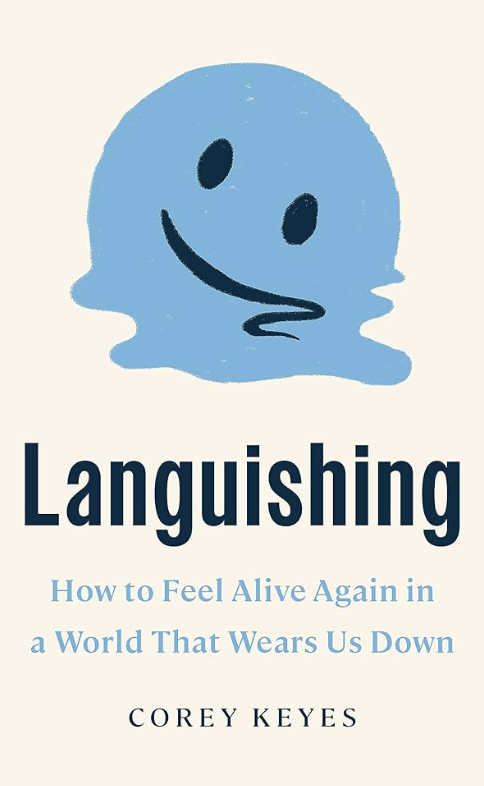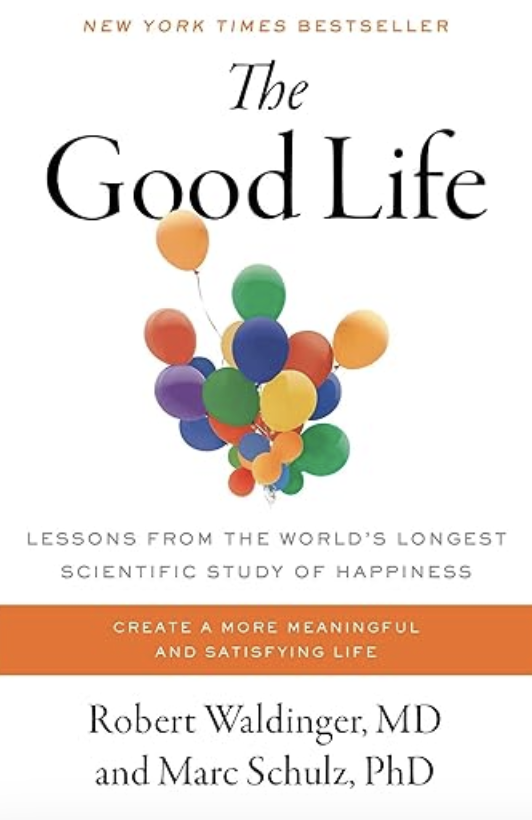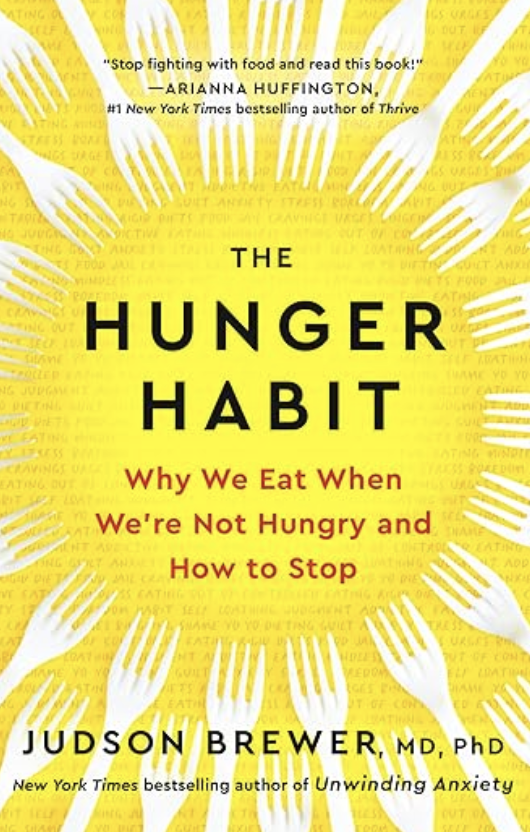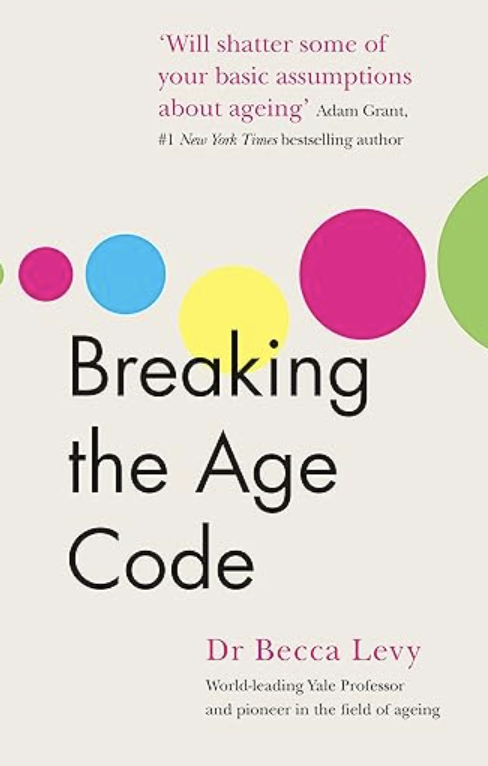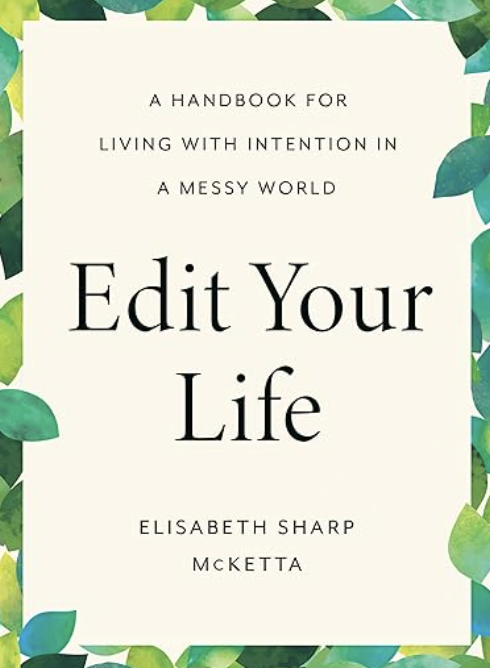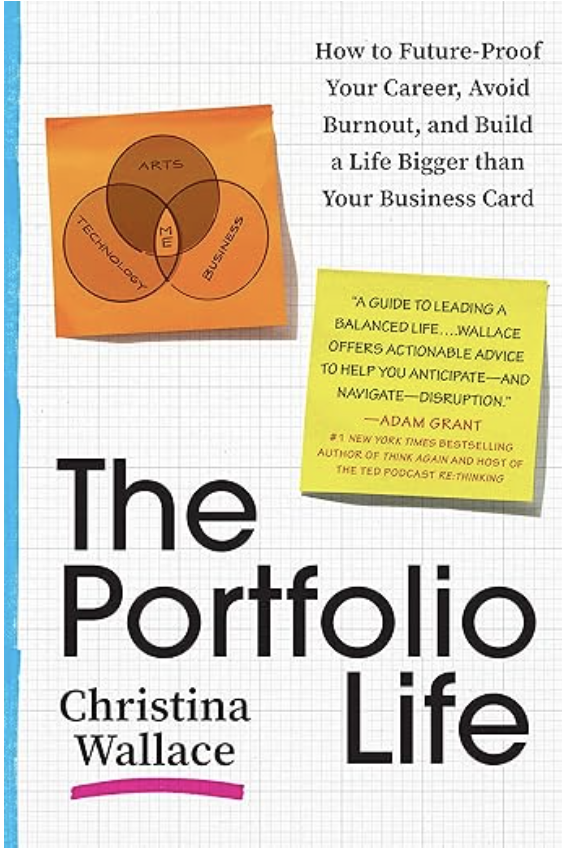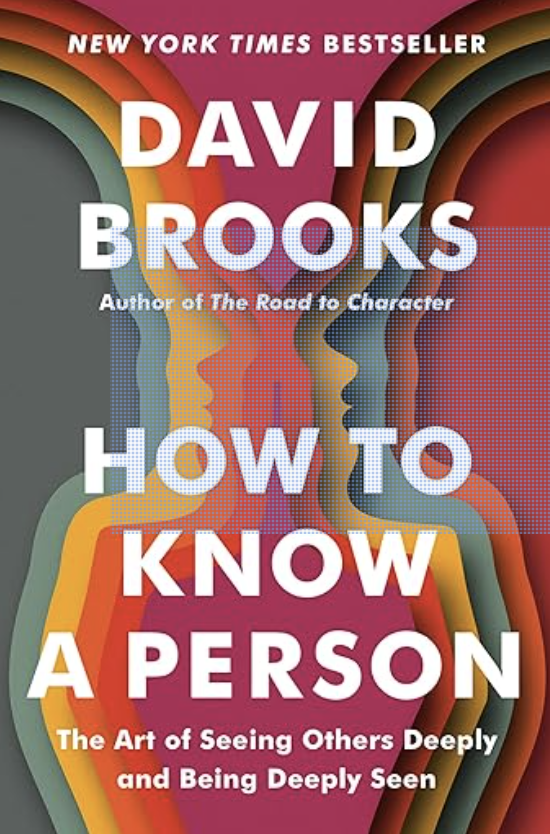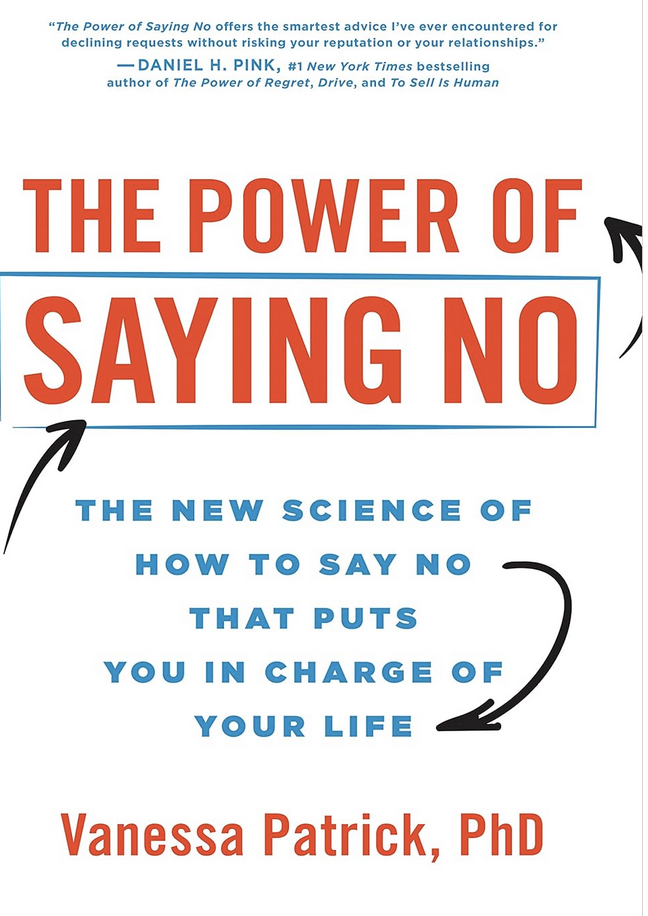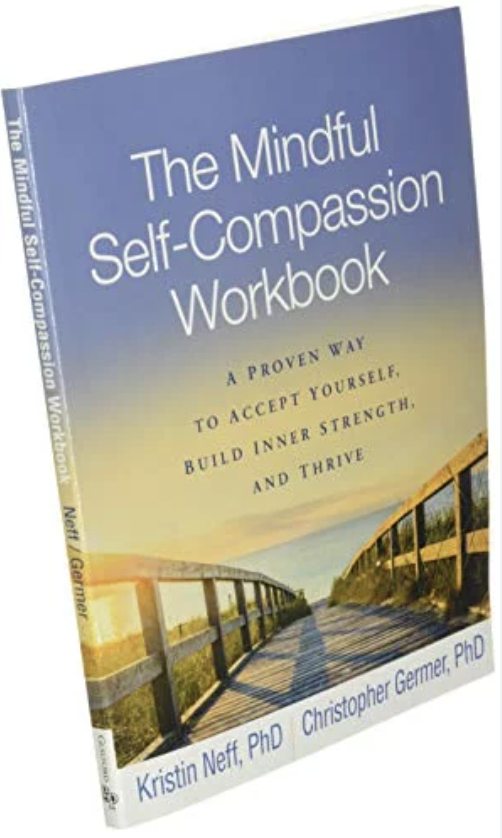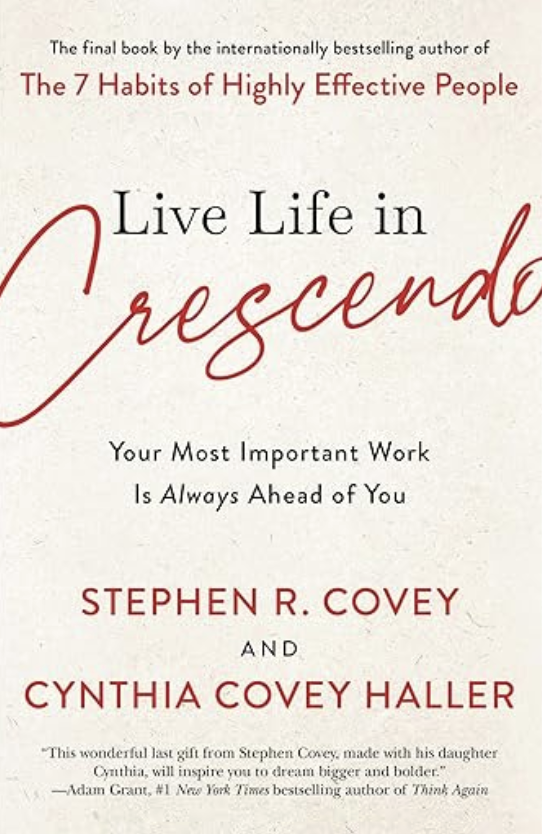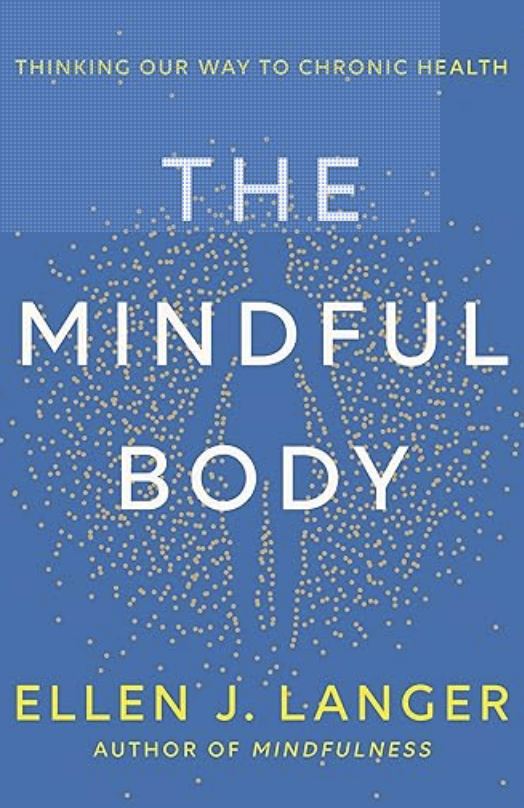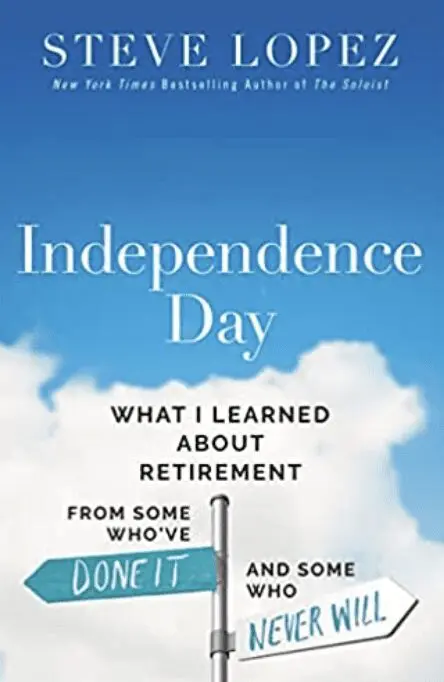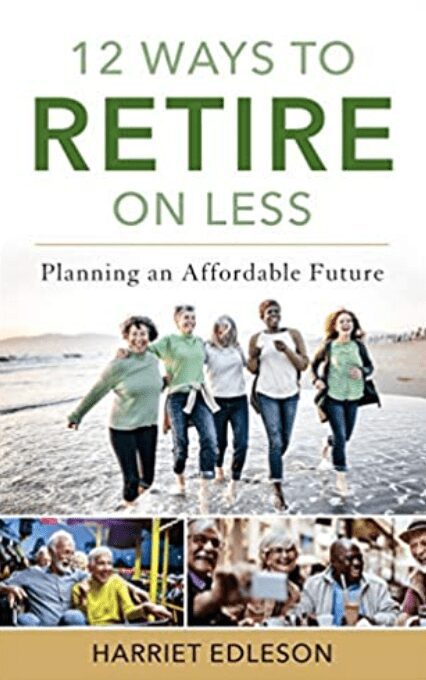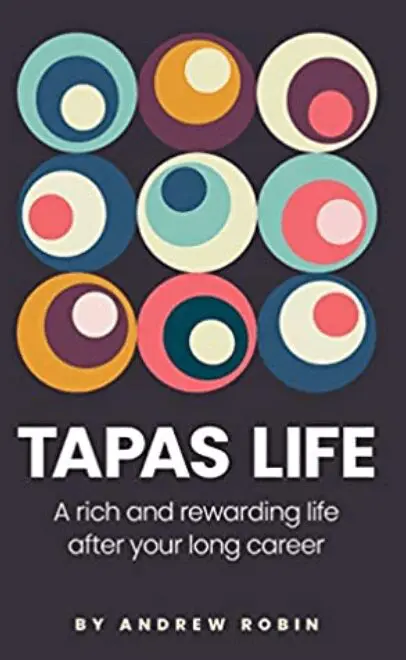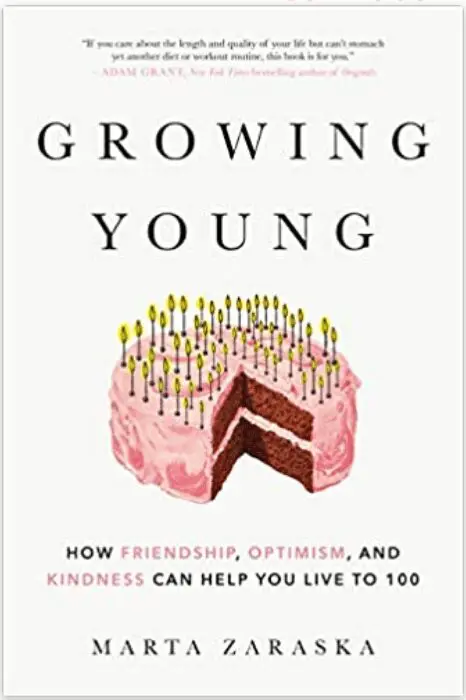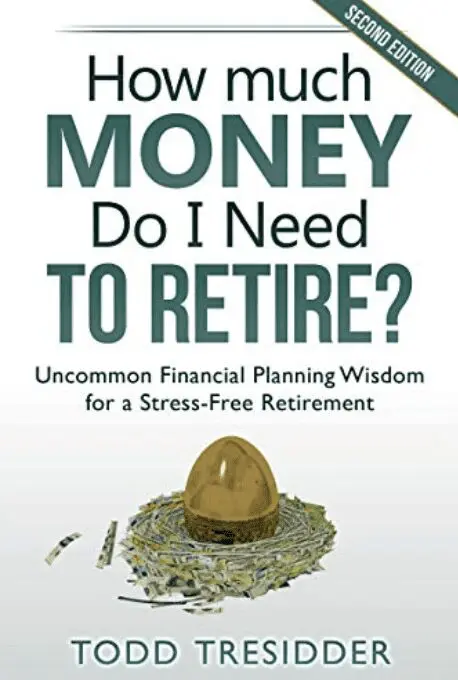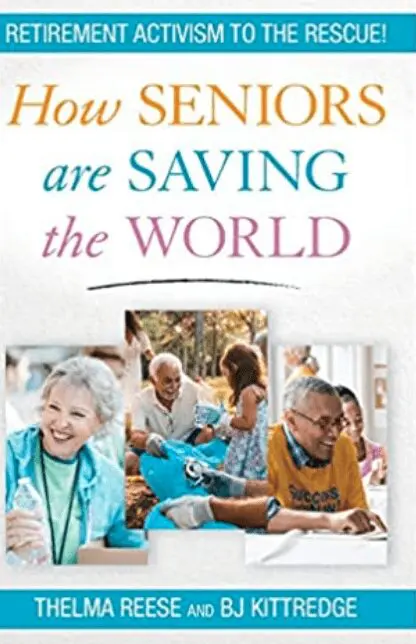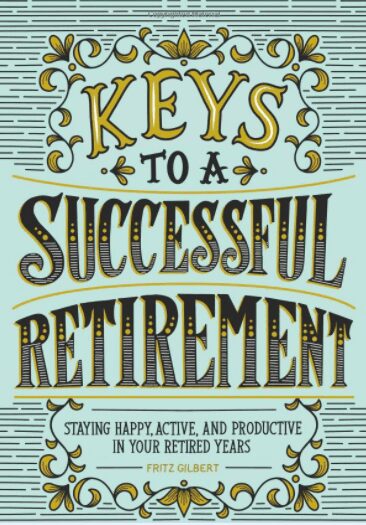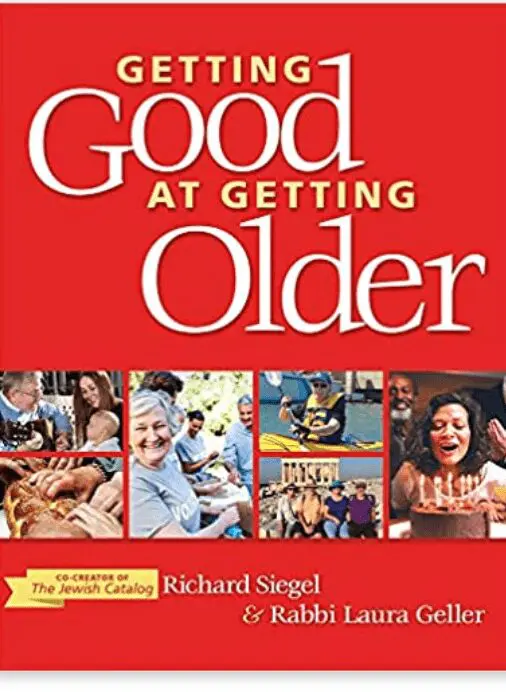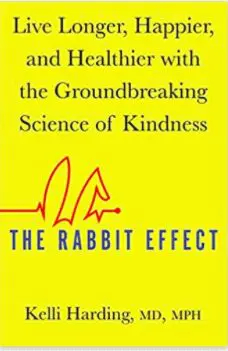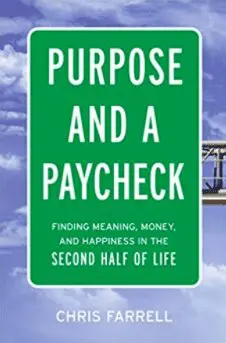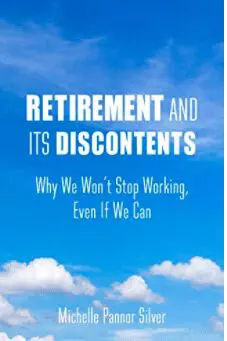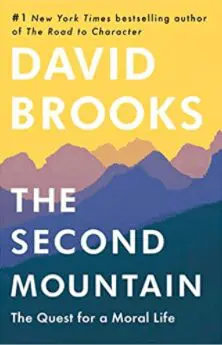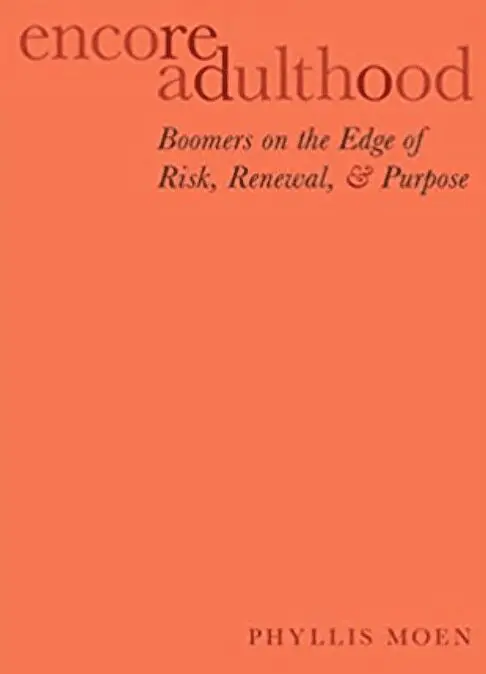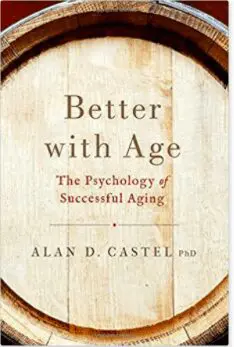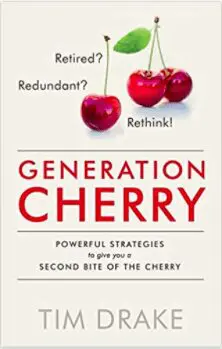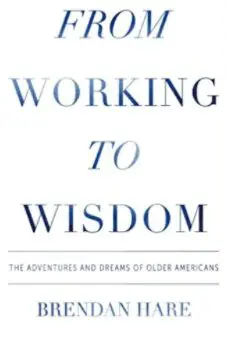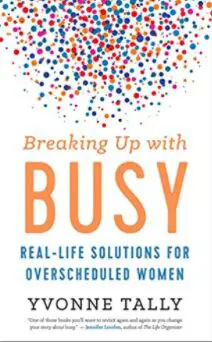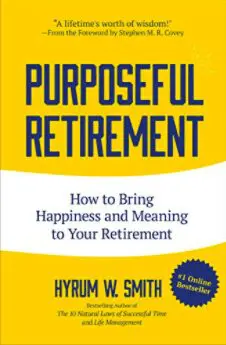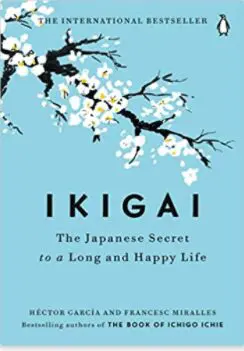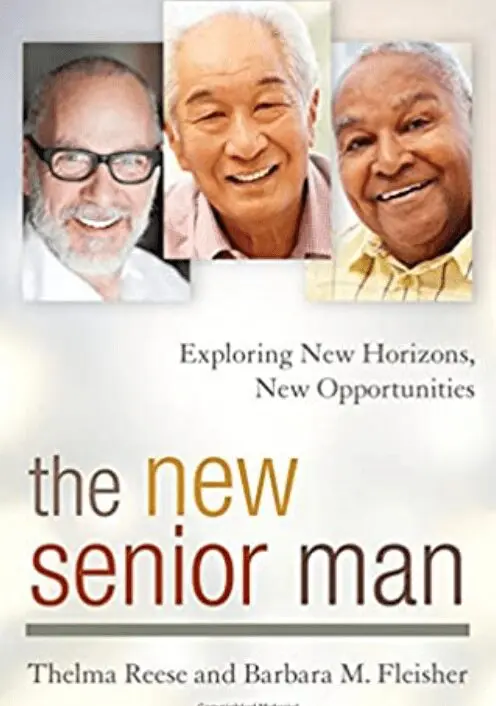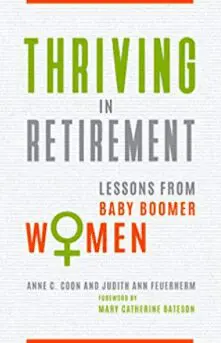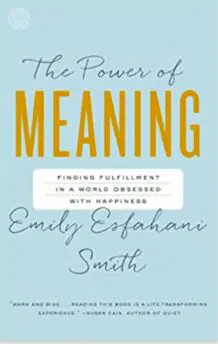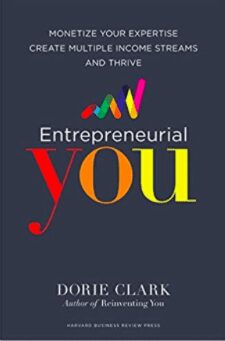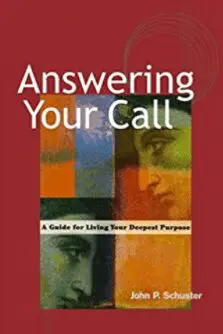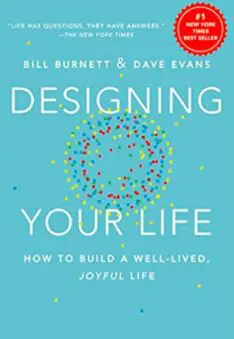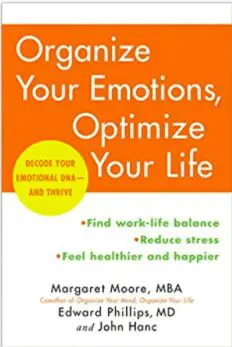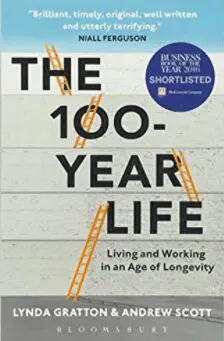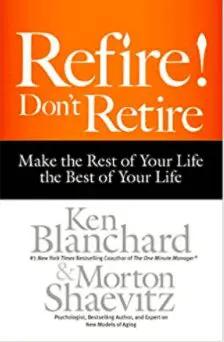by Mark S. Walton
Will a traditional retirement be heaven, or something else, for you? An increasing number of people are rejecting it and choosing alternative ways of living in retirement. Some people create a new portfolio life with a variety of pursuits and activities. Some people opt to work longer and gradually retire through phased retirement. And an increasing number of people are returning to work after discovering that retirement isn’t for them.
In his insightful book Unretired: How Highly Effective People Live Happily Ever After, Mark S. Walton explores the emerging phenomenon of unretirement, where old beliefs about retirement are being challenged and rejected in favor of a more dynamic and engaged post-career life. Walton, a seasoned journalist and Peabody Award winner, who’s knowledgeable in aging and workforce trends, investigates what’s driving this shift and explores the broader implications for older adults and society.
New Pathways
Increased life expectancies, financial uncertainties and a desire for lifelong learning and personal growth are driving many retirees to stay active. The old vision of retirement as a period of withdrawal, rest and leisure is being replaced. Walton’s vision of unretirement offers an alternative that can provide continued growth, contribution and fulfillment through a more active, energetic and flexible approach to later life than traditional retirement.
Beyond financial concerns, Walton emphasizes the importance of purpose and how retiring can bring losses of identity, structure, and community. A key point of the book is that many retirees find a sudden and total withdrawal from professional life jarring and disorienting. But there are alternatives to the traditional full-stop retirement and multiple pathways to create roles that help you stay mentally sharp and socially connected. Walton profiles some people who are choosing instead to continue work in their fields (The Rebels), some who are crafting new encore careers or pursuing entrepreneurship (The Reinventors), and some who are discovering artistic pursuits (The Creatives), including people who discovered or rediscovered those abilities later in life.
My favorite insight comes from Walton’s comments throughout the book about the role that fascination plays in reinvention. While many graduation speeches encourage young people to follow their passion (which many, like me, consider dubious advice), following what fascinates you makes sense if you’re looking to chart a new course with fulfillment high on your list of priorities. Follow your curiosity is sound advice in my book.
Overcoming Challenges
Despite its many positives, unretirement is not without challenges. Walton candidly discusses issues such as age discrimination, health issues, and the challenges that can come with resuming balancing working and your personal life.
Unretired details real-life stories of people have successfully transitioned into a new path, with examples including a former executive starting a non-profit, a retired teacher tutoring part-time, and a seasoned professional turning a hobby into a business. It paints a diverse and optimistic portrait of life beyond retirement that encourages you to examine and test your assumptions about aging and work. Walton’s research, practical advice, and stories makes this book a valuable resource for anyone considering what their next chapter might look like. It can reframe how you think about the years ahead and inspire you to find not only a new or renewed sense of purpose, but greater joy along the way.
___
Listen to my conversation with Mark Walton
Read Unretired: How Highly Effective People Live Happily Ever After
Explore more Best Books for Retirement











